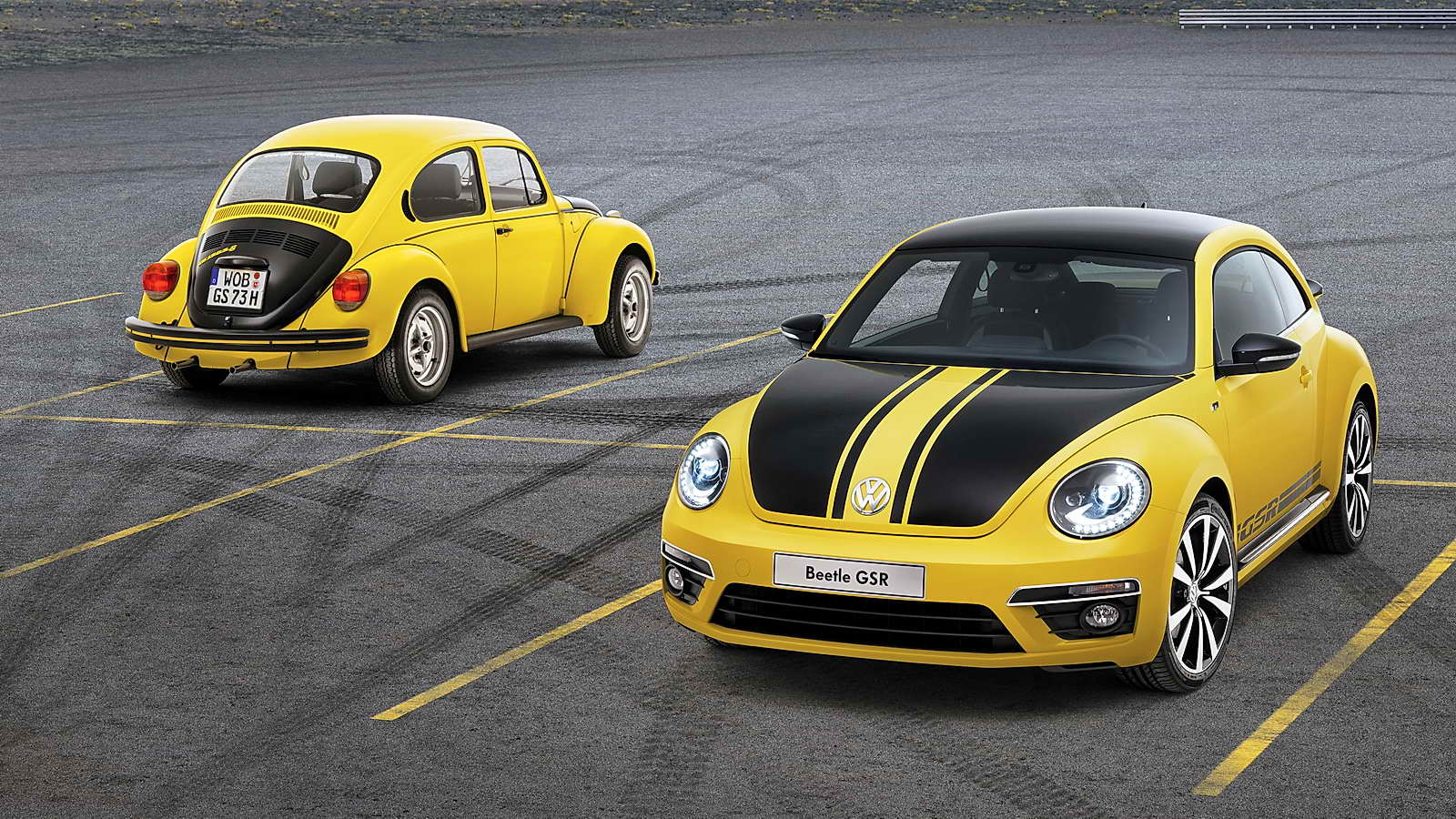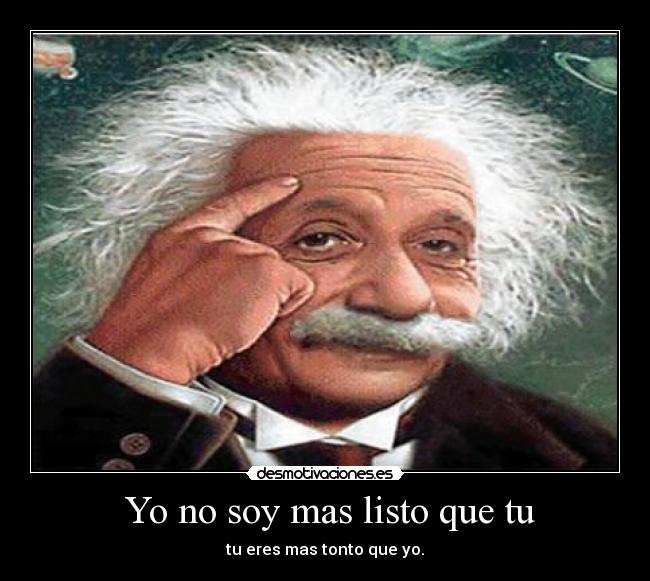COMPARATIVE SENTENCES
Para hacer una oración comparativa ser requieren dos sustantivos.
SUSTANTIVOS + ADJETIVOS+ VERBO TO-BE
Ejemplos oraciones comparativos (comparatives) en inglés y español
Se usan comparativos (comparatives) para contrastar las cualidades de dos personas u objetos. Cuando los adjetivos o adverbios son de una o dos sílabas se utiliza la terminación -er, después se escribe than (que): Today is colder than yerterday. (Hoy hace más frío que ayer)
- Cold, colder (frío, más frío)
- Big, bigger (grande, más grande)
- Small, smaller (pequeño, más pequeño)
- Short, shorter (corto, más corto)
- Fast, faster (rápido, más rápido)
- Young, younger (joven, más joven)
- Soon, sooner (pronto, más pronto)
- Long, longer (largo, más largo)
- Tall, taller (alto, más alto)
- Old, older (viejo, más viejo)
- Fat, fatter (gordo, más gordo)
- Smart, smarter (inteligente, más inteligente)
- New, newer (nuevo, más nuevo)
Cuando terminan en y, se cambia la y por i y se agrega la terminación -er.
- Easy, easier (fácil, más fácil)
- Crazy, crazier (loco, más loco)
- Happy, happier (feliz, más feliz)
- Ugly, uglier (feo, más feo)
Ejemplos:
Today is colder than yerterday. (Hoy hace más frío que ayer)
Today is colder than yerterday. (Hoy hace más frío que ayer)
- She is younger than her brother. (Ella es más joven que su hermano)
- He is older than his friend. (Él es más viejo que su amigo)
- My car is newer than yours. (Mi automóvil es más nuevo que el tuyo)
- His house is bigger than mine. (Su casa es más grande que la mía)
Se utiliza more cuando los adjetivos o adverbios son de más de dos sílabas, también se escribe than después del adjetivo o adverbio.
- Difficult, more difficult (difícil, más difícil)
- Beautiful, more beautiful (hermosa, más hermosa)
- Expensive, more expensive (caro, más caro)
- Elegant, more elegant (elegante, más elegante)
- Interesting, more interesting (interesante, más interesante)
- Modern, more modern (moderno, más moderno)
- Valuable, more valuable (valioso, más valioso)
- Attractive, more attractive (atractiva, más atractiva)
- Satisfactory, more satisfactory (satisfactorio, más satisfactorio)
- Ambitious, more ambitious (ambicioso, más ambicioso)
- Important, more important (importante, más importante)
- Intelligent, more intelligent (inteligente, más inteligente)
- Quickly, more quickly (rápidamente, más rápidamente)
- Carefully, more carefully (cuidadosamente, más cuidadosamente)
Ejemplos:
- Gold is more valuable than silver. (El oro es más valioso que la plata)
- I am more intelligent than you. (Yo soy más inteligente que tú)
También existen casos irregulares:
- Good, better (bueno, mejor)
- Bad, worse (malo, peor)
- Well, better (bien, mejor)
- Badly, worse (mal, peor)
- Little, less, (poco, menos)
- His idea is better than the last one. (Su idea es mejor que la anterior)
- This contract is worse than the previous one. (Este contrato es peor que el anterior)
- He swims better than his cousin. (Él nada mejor que su primo)
- She drives worse than her sister. (Ella maneja peor que su hermana)








